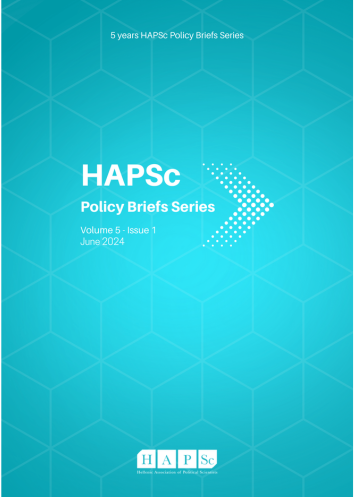Virtual Reality and Cultural Preservation: Innovating the Past, Protecting the Future
Resumen
In an age where technological advancements shape every facet of our lives, virtual reality (VR) stands at the forefront of innovation, offering transformative possibilities across various sectors. One particularly exciting application of VR is in the realm of cultural preservation. By enabling immersive experiences and detailed digital documentation, VR presents a powerful tool for protecting and revitalizing cultural heritage. However, this innovation comes with its own set of challenges and responsibilities, particularly in the context of international relations and legal frameworks. This article explores how VR is reshaping cultural preservation, balancing the fine line between innovation and safeguarding the past, and the necessary international legal measures to support this balance.
Article Details
- Cómo citar
-
Theoulaki Μ. Z. (2024). Virtual Reality and Cultural Preservation: Innovating the Past, Protecting the Future. HAPSc Policy Briefs Series, 5(1), 17–24. https://doi.org/10.12681/hapscpbs.38953
- Sección
- Articles

Esta obra está bajo una licencia internacional Creative Commons Atribución 4.0.
Authors retain copyright and grant the journal right of first publication with the work simultaneously licensed under a Creative Commons Attribution License that allows others to share the work with an acknowledgement of the work's authorship and initial publication in this journal.


